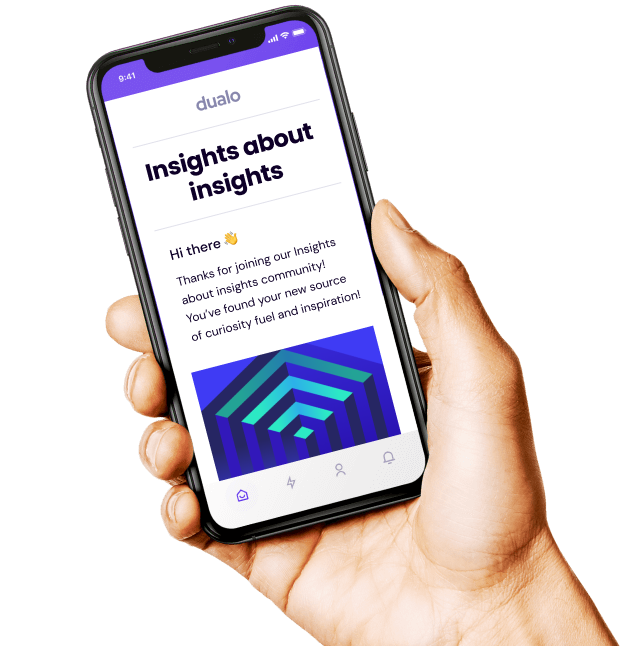Harnessing the power of AI to supercharge your research findings
With much debate around the application of AI in user research, we set out to establish how rather than replace researchers, these new technological capabilities are set to elevate research, while helping to make some of the more time consuming ‘research admin’ tasks a thing of the past.



.png)
.svg)

.jpeg)

.jpeg)
.jpeg)

